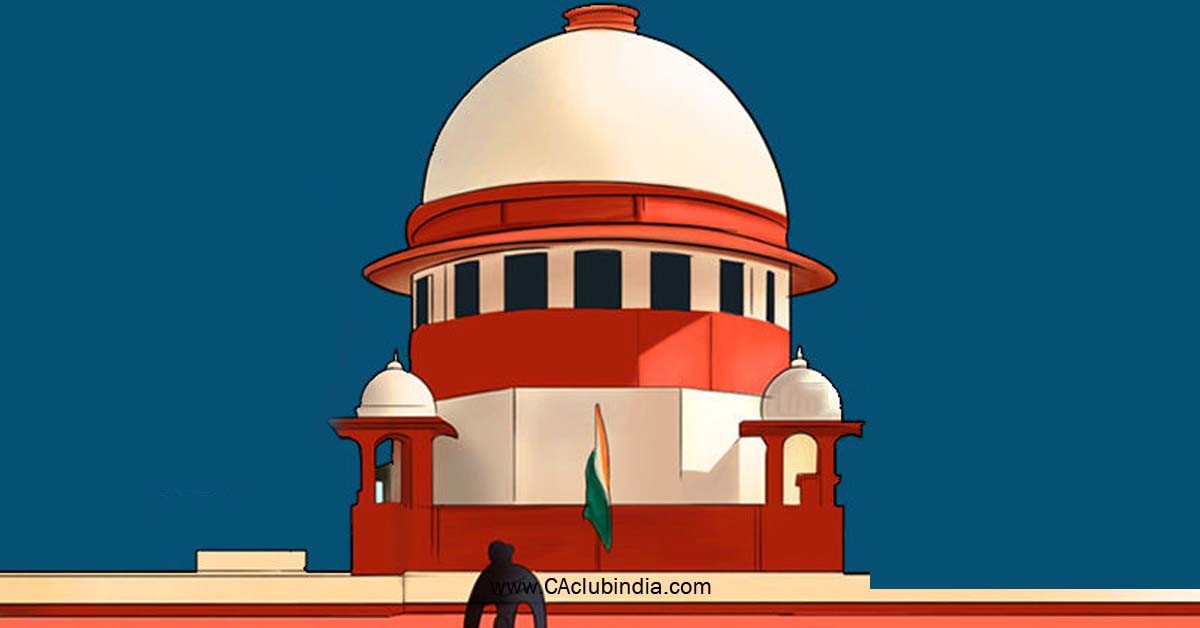The Income Tax Department has withdrawn its long-pending Rs 8,500 crore transfer pricing case against Vodafone India Services Pvt. Ltd., bringing an end to one of India's most prolonged corporate tax disputes.
The withdrawal plea was filed by the Commissioner of Income Tax before a Supreme Court bench led by Chief Justice B.R. Gavai, which allowed the department to formally drop the case. According to the Supreme Court's website, the matter had been pending since 2016 and was last listed for hearing in April 2017, but saw no progress thereafter.

Withdrawal Follows AGR Relief for Vodafone Idea
The move comes shortly after the Supreme Court directed the Union Government to extend relief to Vodafone Idea Ltd. in connection with its Adjusted Gross Revenue (AGR) dues. On October 27, the Court had allowed the government to reassess Vodafone Idea's AGR liabilities, including penalties and interest, as of FY17, a clarification that potentially reduces the financial burden on the struggling telecom operator.
Background: The 2008 Transaction
The tax dispute dates back to FY 2008, when Vodafone India Services sold its Ahmedabad-based call centre business, 3 Global Services Pvt. Ltd., to Hutchison Whampoa Properties (India) Ltd. as part of an internal restructuring.
In October 2012, the tax department issued an order under Sections 143(3) and 144C(13) of the Income Tax Act, 1961, claiming that Vodafone had carried out an undisclosed international transaction by transferring call options and intangible rights to a related party without proper valuation.
The department added Rs 8,500 crore to Vodafone's taxable income, alleging that the sale was not conducted at arm's-length price, a key principle of transfer pricing regulations that mandates fair market valuation in transactions between related entities.
Tribunal and High Court Rulings
In 2014, the Income Tax Appellate Tribunal (ITAT) upheld the department's position, ruling that Vodafone had structured the deal in a way that avoided transfer pricing scrutiny. Vodafone challenged the ruling before the Bombay High Court, arguing that the transaction was entirely domestic, involving two Indian entities, and thus did not qualify as an international transaction.
The Bombay High Court, in October 2015, sided with Vodafone and quashed the Rs 8,500 crore tax demand, holding that the sale had no cross-border component. The bench observed that the tax authorities had overstepped their jurisdiction by invoking international transfer pricing provisions in a purely domestic transaction.
Supreme Court Closure
The Income Tax Department appealed the High Court's ruling before the Supreme Court in 2016, but the case remained dormant for nearly a decade. With Monday's withdrawal, the long-drawn tax battle has now officially ended.
The decision also signals a possible shift in the government's stance toward resolving legacy tax disputes involving multinational corporations, aligning with its broader push to improve India's investment climate and reduce litigation.
Vodafone Idea has yet to issue an official statement in response to the development.







 CAclubindia
CAclubindia

